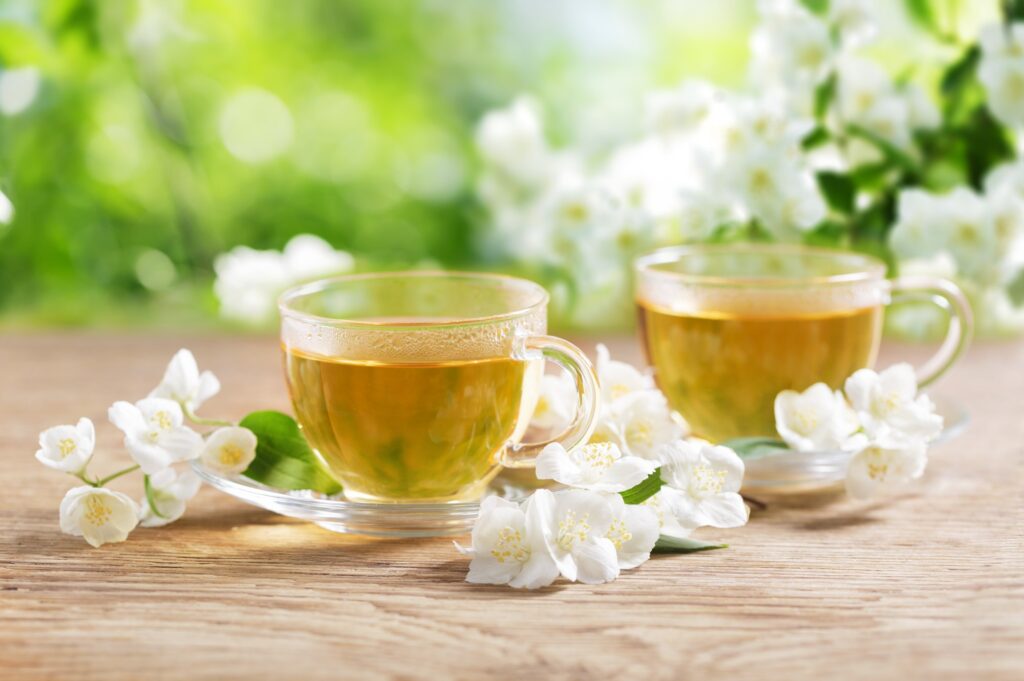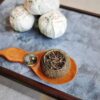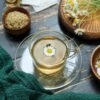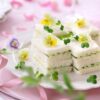
As a devoted tea enthusiast, I’ve often found myself pondering the intricate world of tea and its myriad varieties. One question that frequently bubbles up in conversations is: Does jasmine tea have caffeine? Let’s dive into this aromatic mystery and uncover the truth about our beloved jasmine brew.
The Essence of Jasmine Tea
Picture this: You’re sitting in a cozy café, the gentle aroma of jasmine wafting through the air. You lift the delicate porcelain cup to your lips, savoring the floral notes that dance across your palate. But as you enjoy this moment of bliss, a nagging question lingers in your mind – are you also getting a caffeine kick?
The Caffeine Conundrum
Here’s the scoop: Yes, jasmine tea does contain caffeine. But before you put down that cup, let’s explore the nuances.
Jasmine tea is typically made by scenting green tea leaves with jasmine flowers. Since green tea naturally contains caffeine, jasmine tea inherits this stimulating compound. However, the amount of caffeine can vary depending on several factors:
- The type of tea used as the base (green, white, or sometimes black)
- The brewing method
- Steeping time
On average, an 8-ounce cup of jasmine tea contains about 25 mg of caffeine. To put this into perspective, let’s compare it with other popular beverages:
| Beverage | Caffeine Content (8 oz) |
|---|---|
| Jasmine Tea | 25 mg |
| Green Tea | 25-35 mg |
| Black Tea | 14-70 mg |
| Coffee | 95-200 mg |
As you can see, jasmine tea sits comfortably in the lower range of the caffeine spectrum, making it a great choice for those looking to reduce their caffeine intake without giving it up entirely.
A Balancing Act: Benefits and Considerations
While we’re on the topic of caffeine, it’s worth noting that jasmine tea offers a unique balance of stimulation and relaxation. The moderate caffeine content provides a gentle energy boost, while the soothing aroma of jasmine can help reduce stress and promote calmness.
Pro Tip: If you’re sensitive to caffeine but still want to enjoy the delightful flavor of jasmine, look for jasmine teas made with a white tea base, which typically has even less caffeine than green tea.
The Final Sip
So, there you have it – the aromatic truth about jasmine tea and caffeine. While it does contain this stimulating compound, its moderate levels make it a fantastic choice for those seeking a balanced beverage that offers both gentle energy and soothing properties.
Next time you’re savoring a cup of jasmine tea, you can rest assured that you’re indulging in a drink that not only delights your senses but also provides a mindful approach to caffeine consumption.
Remember, whether you’re a seasoned tea connoisseur or just beginning your journey into the world of tea, there’s always something new to discover in every cup. Cheers to your next jasmine tea adventure!






